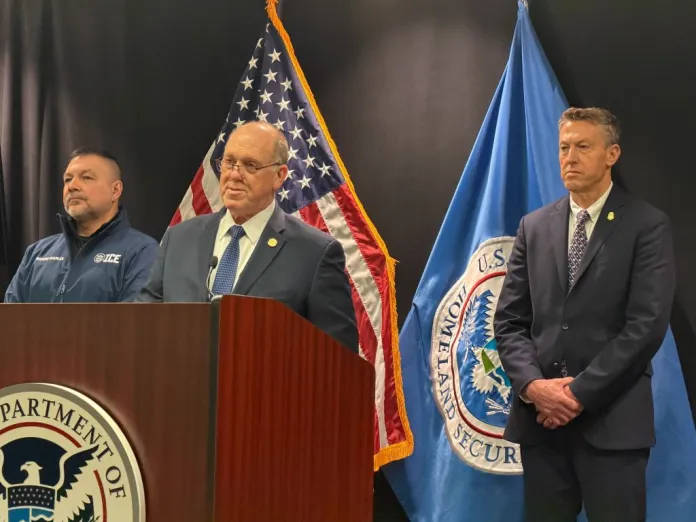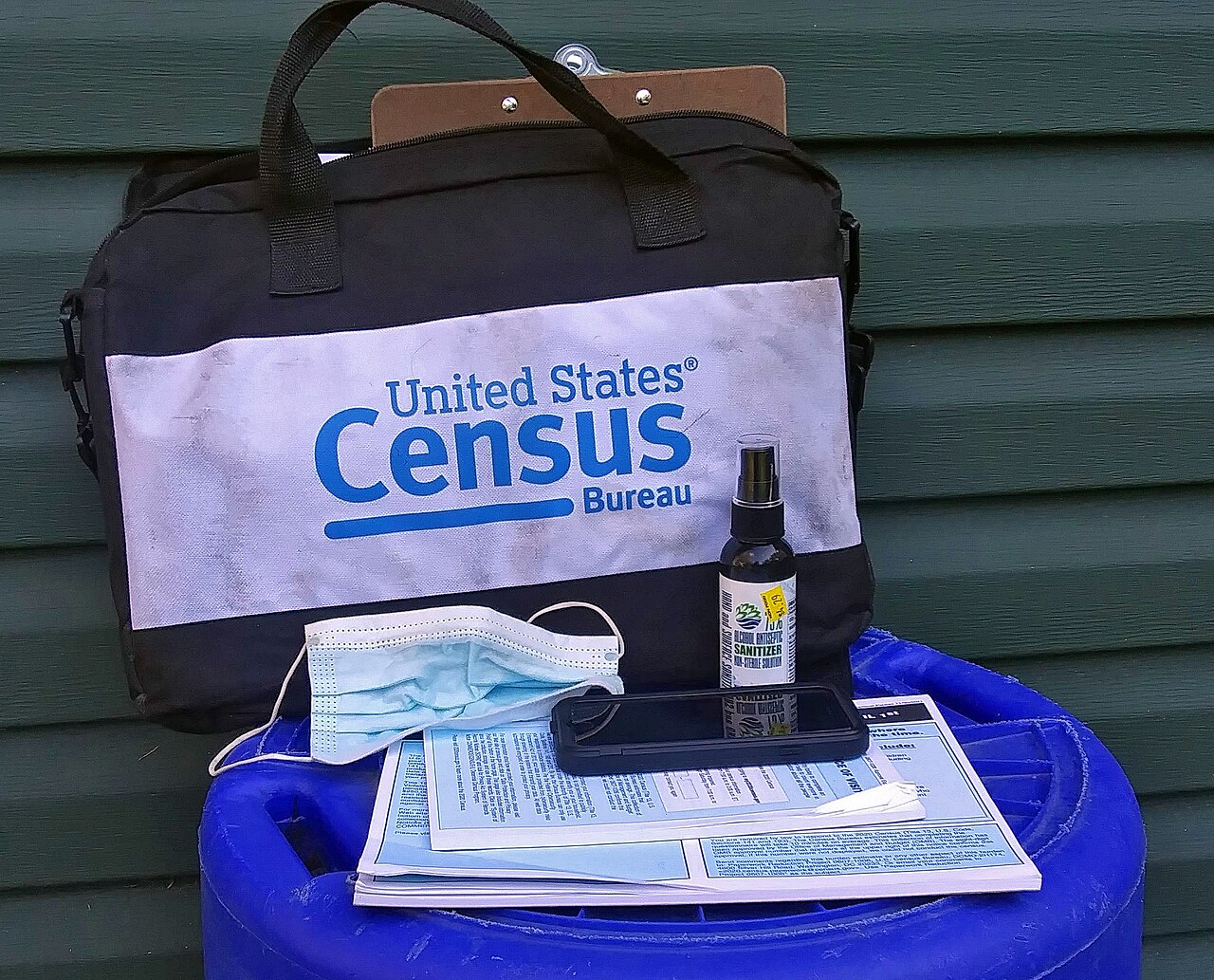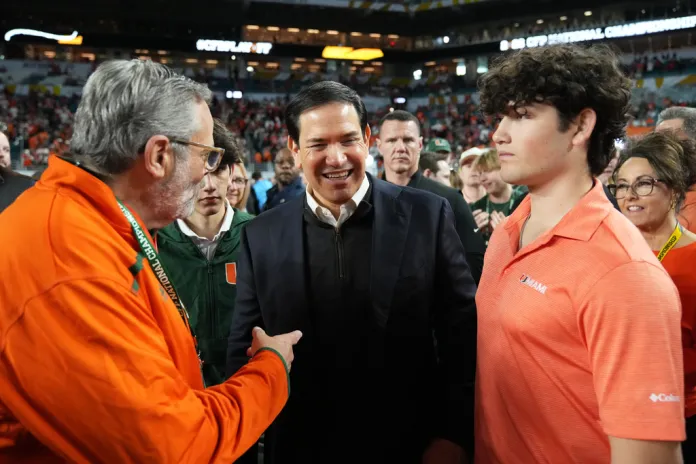Milei gamble pays off as US influences Latin American elections
The article discusses the unexpected political rise of Argentine President Javier Milei, highlighting the significant impact of former U.S.President Donald Trump’s support on Milei’s success in recent Latin American elections. Despite some setbacks earlier in the year,Milei achieved a major victory in the legislative midterms,securing over 40% of the vote and surpassing the long-dominant Peronist movement. Experts credit Milei’s closer economic cooperation with the U.S., including promises of substantial financial support such as a $20 billion currency swap and private sector funding, as key factors bolstering his electoral strength.
Trump’s involvement included backing Milei at the White House, promoting trade initiatives like importing Argentine beef to the U.S., and explicitly tying U.S. aid to Milei’s electoral victory. This reflects a broader U.S. strategy under Trump’s management to assert greater influence in Latin America and counter China’s growing presence. Analysts note this approach indicates a renewed emphasis on economic and security partnerships in the western Hemisphere, with Milei’s win seen as a strategic success for U.S. interests in the region.
Trump’s Milei gamble pays off as US flexes influence in Latin American elections
Argentine President Javier Milei’s massive gains in political power surprised observers domestically and abroad, and all signs point to the power of President Donald Trump’s thumb on the scale.
A rough few months that included his sister’s corruption scandal and a disappointing provincial election were outshone by an October meeting at the White House and a subsequent flurry of economic agreements with Washington that netted Milei massive gains.
“It was a seismic victory for Milei in Argentina yesterday. The expectation going into the legislative elections was far from certain, insofar as how his party, the Libertad Avanza, would perform,” said Jason Marczak, vice president and senior director of the Atlantic Council’s Latin America Center. “There was also a desire to kind of downplay some of the expectations of how some things would turn out. And Milei far surpassed expectations for support.”
Marczak continued, “They now have the ability within the Congress to make sure that any presidential decrees that he puts forward, he now has enough votes to block any chance by Congress to override.”
The La Libertad Avanza party walked away with over 40% of the votes on Sunday, far ahead of the second-place Peronist movement, its preeminent left-wing rivals, who got just 31%.
It was the Peronists, who previously enjoyed a decadeslong ideological dynasty leading the country, that Milei was referencing when he told supporters on election night that “the Argentine people have decided to leave behind 100 years of decadence.”
“This election was going to make or break whether Milei’s policies of economic reform [and] economic stabilization were going to continue or not,” Marczak told the Washington Examiner. “Whether they were going to endure — whether Argentina was going to finally have its chance for longer-term economic stability.”
Henry Ziemer, an associate fellow at the Center for Strategic and International Studies who specializes in Latin America, told the Washington Examiner that while he was surprised by the margin of victory, Milei’s increased cooperation with the White House was a major predictor of his party’s win.
“I thought that with all the news coming out of U.S.-Argentine economic cooperation — I saw the winds shifting in Milei’s favor ahead of Sunday’s election,” Ziemer said.
“This fits into a sort of pattern that we’ve seen recently with elections in Latin America, of governments that have managed to secure an alliance or a partnership with the United States, going on to deliver upset wins in close elections,” he continued. “And so Ecuador is the most notable example of this recently, where [President] Daniel Noboa faced what seemed like it would have been a very close election, a very real chance of losing. He doubled down on partnering with the Trump administration and went on to achieve an upset victory.”
Trump leveraged a promise of financial support to push Milei in the election, promising Argentines a $20 billion currency swap and another $20 billion in private sector funding if the libertarian leader won.
That arrangement, which will allow Argentina to exchange pesos for U.S. dollars at a fixed rate, enables the Latin American nation to leverage the more stable currency for international deals.
“The U.S.’s support — President Trump’s support, [Treasury Secretary Scott] Bessent’s support, others — have been critical for helping to further stabilize markets,” said Marczak. “Even though the markets had been incredibly erratic leading up to the vote … there is an additional injection of certainty of the markets because of the economic commitments of the United States.”
He continued, “The policies of the United States, insofar as being economically supportive of Argentina, have helped to bring about increased certainty that there is a light at the end of the tunnel, if a path of economic stabilization is followed.”
But the currency swaps and private sector funding were attached to Milei and explicitly denied if his opponents staged an upset.
“If [Milei] wins, we’re staying with him. And if he doesn’t win, we’re gone,” Trump warned earlier this month during the Argentine president’s visit to the White House.
He told Milei, “Your poll numbers, I hear, are pretty good, but I think they’ll be better after this.”
Trump also proposed importing Argentine beef to the U.S., despite objections from domestic cattle farmers and some Republicans. The president considers the plan mutually beneficial, economically supporting his Latin American ally while also helping to address the rising costs of beef at home.
Following the election, Trump was not shy about how his influence bolstered Milei’s party.
“BIG WIN in Argentina for Javier Milei, a wonderful Trump Endorsed Candidate!” the president said on Truth Social. “He’s making us all look good. Congratulations Javier!”
He emphasized the “big victor” had enjoyed “a lot of help from us,” including the White House’s “very strong endorsement.”
Aboard Air Force One on Monday, Trump said, “I think right now we’ve made a lot of money based on that election because the bonds have gone up. Their whole debt rating has gone up.”
“That election made a lot of money for the United States,” he bragged before clarifying, “We’re not in that for money, per se.”
Ziemer says the U.S. government’s multiple successes exerting influence in Latin America indicate a broader strategy of focusing on the Western Hemisphere more than previous administrations.
“What I found remarkable about this whole story was really how willing the administration was to back Argentina and back Milei — that’s something, at least in my years of studying the region, we’ve rarely seen before in the USA,” Ziemer told the Washington Examiner. “This is a like-minded government in the Americas, and [the Trump administration is] willing to put the full faith and credit of the U.S. Treasury behind that and supporting that economic model.”
“And I think that’s kind of a return to form in many ways by the United States — a recognition that security abroad starts at home,” he continued. “That’s why Argentina, in this case, was able to get such a good deal out of the administration — because Trump and his advisers are so focused on the Western Hemisphere.”
Wrestling the Southern continent from the embrace of the Chinese Communist Party is a key goal of the Trump administration as it seeks to curb the Asian power’s growing global influence.
Trump is set to meet with Chinese President Xi Jinping on Thursday to hammer out the details of a trade deal, the framework of which has already been agreed to by both countries.
" Conservative News Daily does not always share or support the views and opinions expressed here; they are just those of the writer."




